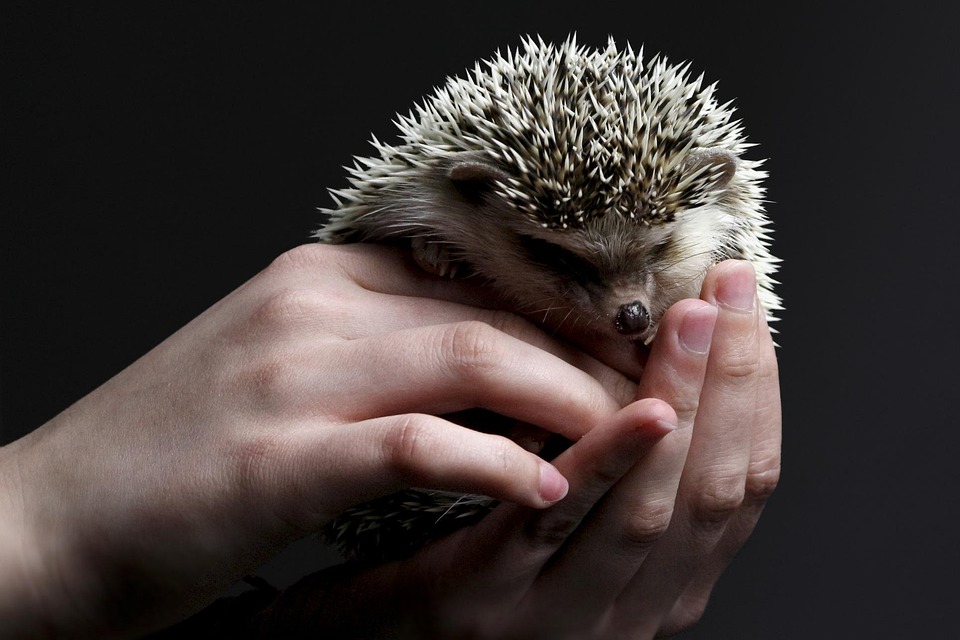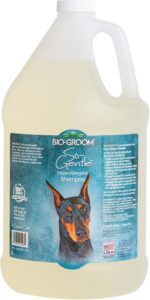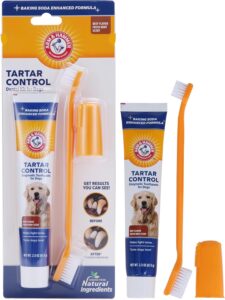
As the winter months approach, pet owners need to ensure that their small pets are adequately protected from the harsh elements. Small pets, such as rabbits, guinea pigs, hamsters, and ferrets, require special attention during colder weather, as their small size and delicate constitutions make them more susceptible to the cold. This article provides a comprehensive guide to essential winter care tips for keeping your small pets healthy, warm, and comfortable throughout the winter season.
Understanding the Needs of Small Pets in Winter
Small pets have unique needs during the winter months. Unlike larger animals, their small bodies lose heat more quickly, and they may not be able to generate enough warmth to keep themselves comfortable. This can lead to health issues such as hypothermia, which can be life-threatening if not addressed promptly.
Additionally, certain small pets are more sensitive to temperature changes than others. For example, guinea pigs and rabbits are particularly vulnerable to cold weather, while hamsters and gerbils may have some natural adaptations to handle cooler temperatures. Understanding the specific needs of your pet is crucial for their winter care.
Creating a Warm and Cozy Environment
One of the most important aspects of winter care for small pets is ensuring that their living environment is warm and cozy. This involves several key considerations:
Indoor Housing
If possible, consider moving your small pet indoors during the coldest months. Indoor environments are generally warmer and more stable, reducing the risk of exposure to freezing temperatures. Make sure their indoor habitat is located away from drafts and direct sources of heat, such as radiators or heaters, which can cause overheating.
Insulation
Whether your pet is housed indoors or outdoors, proper insulation of their living space is essential. Use thick bedding materials, such as straw or hay, to provide additional warmth. Ensure that the bedding is dry and clean, as damp materials can lead to health problems.
Temperature Monitoring
Regularly monitor the temperature in your pet’s environment to ensure it remains within a safe range. For most small pets, the ideal temperature is between 60-75°F (15-24°C). Consider using a thermometer to keep an eye on the temperature and make adjustments as needed.
Nutrition and Hydration
Proper nutrition and hydration are vital for small pets, especially during the winter months when their energy needs may increase. Here are some tips to ensure your pet receives adequate nutrition and hydration:
Balanced Diet
Provide a well-balanced diet that meets the specific nutritional needs of your pet species. This may include high-quality pellets, fresh vegetables, and a constant supply of hay for herbivorous pets. Ensure that your pet has access to adequate protein and fat to help maintain body heat.
Fresh Water Supply
Ensure that your pet has access to fresh, unfrozen water at all times. Check their water supply regularly, as water bottles and dishes can freeze quickly in cold temperatures. Consider using a heated water bottle or bowl to prevent freezing.
Supplements
Some small pets may benefit from additional supplements during the winter months, such as vitamin C for guinea pigs or fatty acid supplements for ferrets. Consult with your veterinarian to determine if supplements are necessary for your pet.
Exercise and Enrichment
Exercise and mental stimulation are crucial for the overall well-being of small pets, even during the winter months. Here are some ways to ensure your pet stays active and engaged:
Indoor Playtime
If your pet is housed indoors, provide ample space for them to move around and explore. Set up a designated play area with toys, tunnels, and climbing structures to keep them entertained.
Outdoor Time
For pets that enjoy outdoor time, ensure that they are supervised and protected from the cold. Limit outdoor play sessions to warmer parts of the day and provide sheltered areas where they can take refuge if needed.
Enrichment Activities
Introduce new toys and activities to keep your pet’s mind engaged. Puzzle feeders, chew toys, and interactive games can provide mental stimulation and prevent boredom.
Health Monitoring and Veterinary Care
Regular health monitoring and veterinary care are essential components of winter care for small pets. Keep an eye out for signs of illness or discomfort, such as changes in appetite, lethargy, or respiratory issues.
Regular Check-Ups
Schedule regular veterinary check-ups to ensure your pet is in good health. Your veterinarian can provide valuable advice on winter care and address any concerns you may have.
Watch for Signs of Illness
Be vigilant for any signs of illness or distress in your pet. Symptoms such as shivering, wheezing, or loss of appetite should be addressed promptly by a veterinarian.
Maintain Good Hygiene
Keep your pet’s living environment clean and hygienic to prevent the spread of disease. Regularly clean their habitat, bedding, and food and water dishes to minimize the risk of illness.
Conclusion
Taking the necessary steps to care for your small pet during the winter months is crucial for their health and well-being. By creating a warm environment, ensuring proper nutrition and hydration, providing exercise and enrichment, and maintaining regular health monitoring, you can help your small pet thrive even in the coldest conditions. Remember, each pet is unique, so it’s essential to tailor your care to their specific needs. By doing so, you can ensure that your small pet stays healthy, happy, and comfortable all winter long.
#ChatGPT assisted in the creation of this article.








